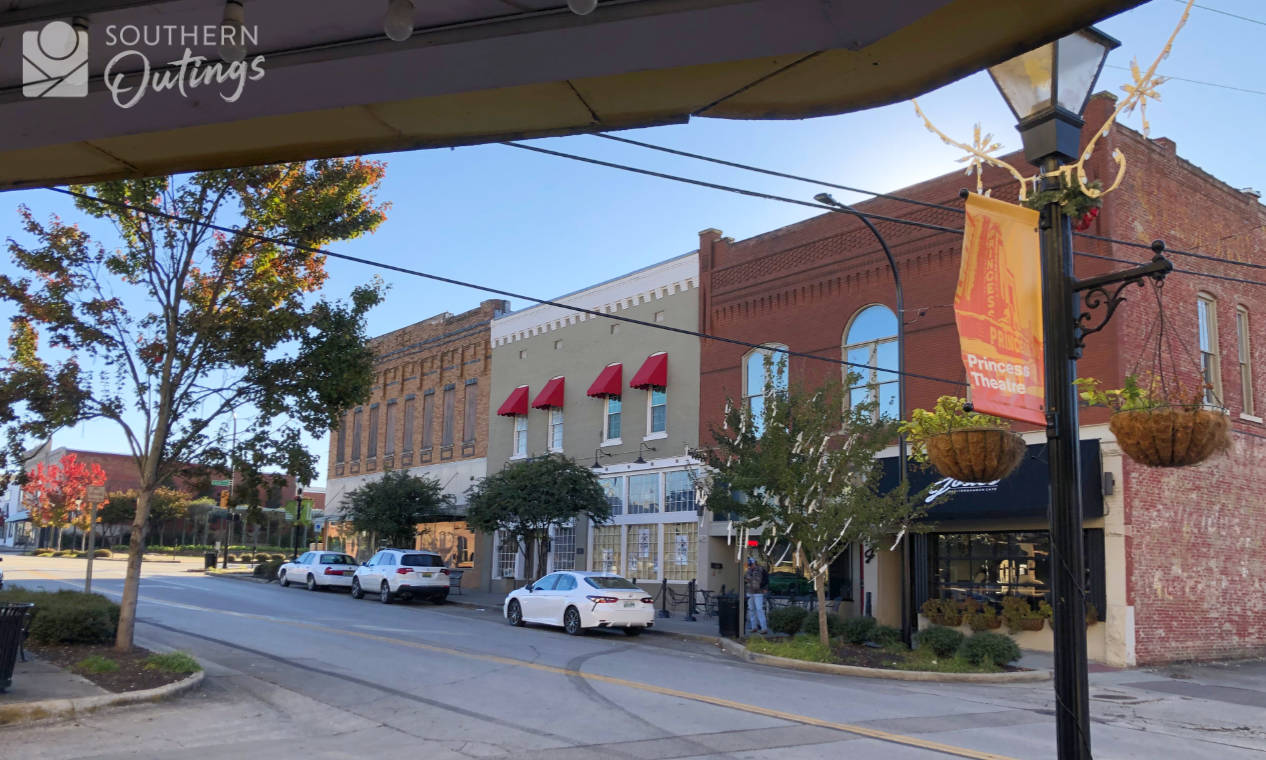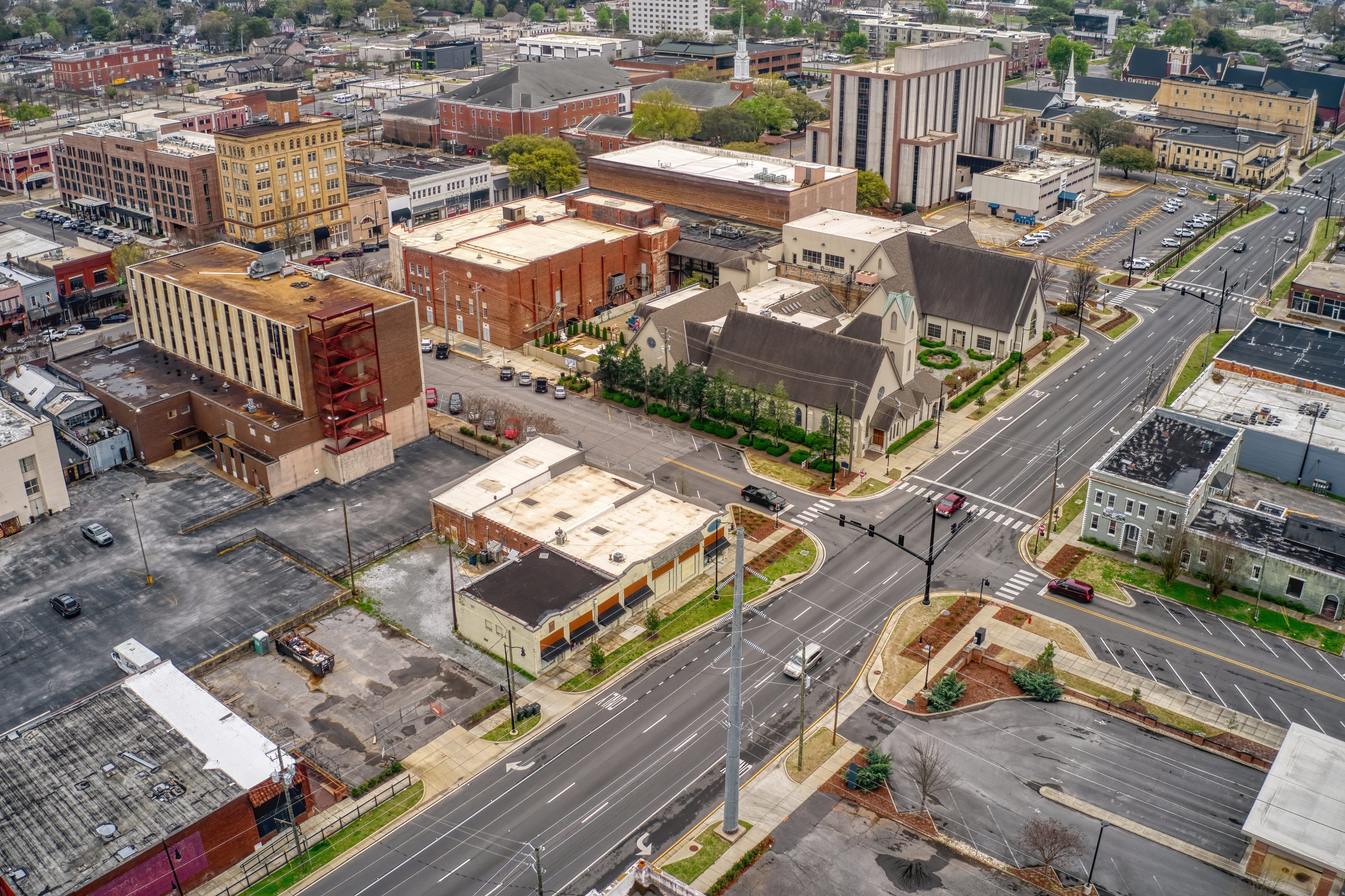A borrower buys property to build a house. The Lender provides the loan for the construction, and the builder provides the material and construction based on these funds. Alabama law provides a security right to the Lender for the loan and to the builder for its material and construction, so everyone wins – right? Not so fast, as the Alabama Supreme Court recently reached a controversial decision on whose lien takes priority – the Lender’s mortgage or a builder’s materialman lien – when a builder is not paid for his or her work.
Alabama law recognizes that the priority of liens are determined as follows:
Priority of Lien
(a) Such lien as to the land and buildings or improvements thereon, shall have priority over all other liens, mortgages, or encumbrances created subsequent to the commencement of work on the building or improvement. Except to the extent provided in subsection (b) below, all liens, mortgages, and encumbrances (in this section, “mortgages and other liens”) created prior to the commencement of such work shall have priority over all liens for such work.
Section 35-11-211 Ala. Code 1975 (Emphasis Added)
So under Alabama law, the issue becomes when is a lien “created”?
In the recent Alabama decision, the lender closed on a loan with its borrower and the loan was secured by a future advance mortgage (the "Mortgage"). The Mortgage was recorded on April 10, 2015, shortly after closing, but no loan proceeds were initially advanced. The first advance of loan proceeds from the lender did not take place until Oct. 16, 2015. The borrower entered into a construction contract with the builder on April 9, 2015 but no materials were delivered to borrower’s property and no construction began until AFTER the Mortgage was recorded on April 10, 2015, but BEFORE the lender made its first advance payment on Oct. 16, 2015. The builder completed the construction of the house on July 25, 2016, a full year after the Mortgage was recorded. When the builder’s final invoice was not paid, the builder filed a materialman’s lien (the “Builder’s Lien”) against the property on Dec. 20, 2016, and claimed its Builder’s Lien had priority over the Mortgage.
The Alabama Supreme Court addressed the issue of which lien was “created” first – the Mortgage recorded April 10, 2015, with loan proceeds disbursed on October 15, 2015, or the Builder’s Lien recorded on Dec. 20, 2016, relating to materials supplied after the Mortgage was recorded but prior to the date loan proceeds were disbursed. The Lender argued that its lien was created when the Mortgage was recorded, regardless of when loan proceeds were disbursed, since there was an obligation to loan the money at the later date. The Builder argued that because the Mortgage did not secure anything until funds were loaned, the Mortgage could not be created until it secured some type of indebtedness.
In deciding the issue, the Alabama Supreme Court recognized that although future-advance mortgages are enforceable in Alabama, these type of mortgages do NOT create a mortgage lien until some indebtedness is incurred (i.e., some loan proceeds were advanced), therefore the Alabama Supreme Court ruled that the builder holding its Builder’s Lien had priority over the Mortgage.
CONCLUSION
The law in Alabama now requires lenders to recognize that future-advance mortgages are not “created”; for priority purposes UNTIL some loan proceeds are paid out and an indebtedness occurs. With this recent ruling, lenders need to evaluate their current business transactions and put
safeguards into place for future transactions. So what can a lender do moving forward? There are two situations for lenders to consider:
1. Current loans secured by a future-advance mortgage – With existing loans, a distribution in some amount should immediately take place and, if at all possible, before any materials are delivered to the property subject to the mortgage. If some builder’s work has already begun, lien waivers from all contractors and subcontractors should be required for any future payments, and lenders should establish a procedure to follow to ensure future loan payments go to pay for the material and construction costs.
2. Future loans secured by a future-advance mortgage – Lenders should ensure that at least some portion of the loan proceeds are distributed at closing. The recent decision did not specify any minimum amount, only that the mortgage must secure some indebtedness for the mortgage to be deemed created for priority purposes. Lenders should further confirm if borrower has a builder lined up or that borrower intends to use. If so, before any closing takes place, the builder should be required to execute a lien subordination agreement subordinating any and all lien rights the builder might have to the lender’s mortgage.
Without taking these precautions, the lender’s security may not be worth the paper it is written on … literally.
About Christian & Small LLP
Christian & Small LLP represents a diverse clientele throughout Alabama, the Southeast and the nation with clients ranging from individuals and closely held businesses to Fortune 500 corporations. By matching highly experienced lawyers with specific client needs, Christian & Small develops innovative, effective and efficient solutions for clients. Christian & Small focuses on the areas of litigation and business and is a member of the International Society of Primerus Law Firms and the only Alabama member firm in the Leadership Council on Legal Diversity. Please visit www.csattorneys.com for more information, or contact Jack (jjkubiszyn@csattorneys.com) directly via email.





